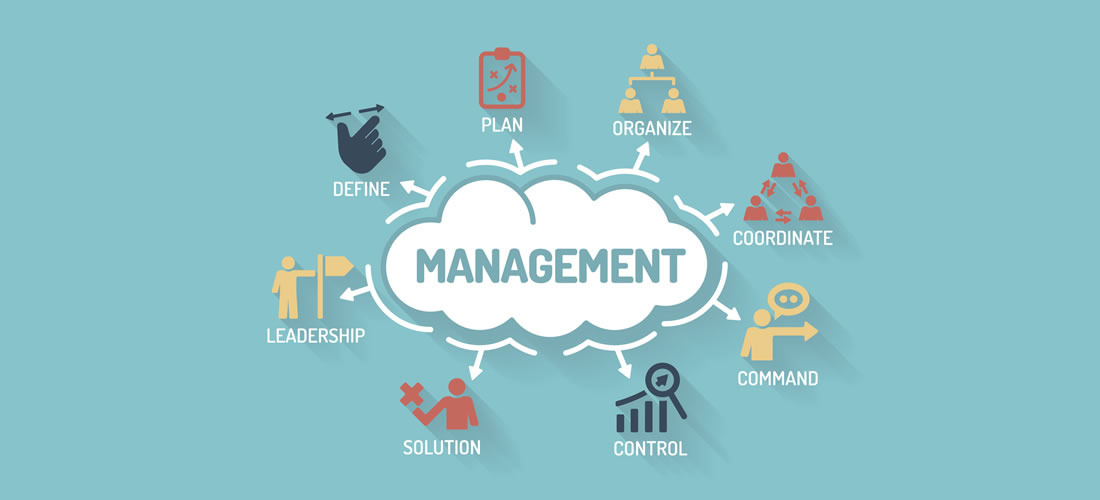Q1 has closed and senior leaders around the world are pulling numbers to find out how they’re doing. Some are high-fiving and excited to keep things rolling, but others are forced to ask themselves, “What the heck is going on? Why don’t our people get it? Where is our talent? Why is our strategy failing?”
If Your Managers Aren’t in the Game – Your Strategy Isn’t as Solid as You Think
Recently, I was working with a retail organization that didn’t need to wait until the end of Q1 to see how they were doing. They already knew it – they were struggling big time! Sales were down, morale was low, and fingers were pointing in every direction – but mostly at each other. The senior team thought they had a killer strategy, but sales continued to decline.
Senior leaders blamed falling sales on their managers, saying they weren’t executing the brand’s customer experience strategy. That’s when they brought us in – to build skills and capability in the organization. The COO told us, “We need to move fast. We don’t have the right talent in the organization and our managers can’t seem to convert sales. Our customer experience has to improve.”
A few weeks into our work with this company, things got really interesting. On a break I overheard a manager mutter under his breath, “Yea, I wonder if other companies have a money-back guarantee like us. We are giving things away, and maybe that’s why our sales stink!”
I looked at him and he looked at me. “Tell me more about the money-back guarantee,” I said.
He said, “I probably shouldn’t say this, but our lifetime money-back guarantee is a joke! I didn’t like it when I was a regular worker, so when I got promoted last year, I decided to tell my team not to worry about it. Honestly, it’s a dumb idea. Why would we have a lifetime money-back guarantee? It’s a lot of work on our end to process the returns and I think the customers could take advantage of us. I’m just looking out for our company. We make incredible stuff. My kids wear our clothes all the time and they never fall apart, so why do we need a lifetime money-back guarantee?”
“Do other managers feel this way?” I asked.
“Absolutely – everyone does!” he said.
Wow … What a miss! This short conversation was my first clue as to the real reason the strategy was failing. This wasn’t about sales training; this was about engaging the manager population in the customer experience strategy. I went back to the senior team and asked them to describe the lifetime money-back guarantee and how they rolled it out. I learned the guarantee was intended as a differentiator, based on these points:
- Most kids’ clothes are cheap and fall apart, but not ours.
- Our quality is superior. We have better designers and materials, and our core customer base pays for quality.
- We’re unique in the marketplace, and having something equally unique like a lifetime money- back guarantee is a clear differentiator. It’s a statement that tells everyone our clothes are better and we are willing to stand behind it.
The “Why” Makes All the Difference
When the guarantee was rolled out, however, none of this reasoning got beyond the senior leadership. Managers weren’t included in the roll-out discussion and didn’t know it was part of a broader strategy. Somewhere between the memos, slide decks, and operational training on how to process the guarantee, the “why” got completely lost.
As a result, the managers and customer-facing employees were left to form their own conclusions. Many employees didn’t like the idea of the guarantee, so they never mentioned it to customers. And, because the managers didn’t have the right context, they weren’t able to tell their teams why the guarantee was important, so many of them told their teams not to mention it. Through an anonymous survey, we learned that only 18 out of 60 store managers were actively promoting the guarantee with customers in the stores. So, only 30% of the entire manager population was truly getting their people to execute the strategy that the senior team had created.
Ouch!
Common Mistakes That Cause Strategies to Fail
Unfortunately, many companies are just like this retailer. Be sure to avoid these three common mistakes:
1. Not engaging your managers in your strategy
Everyone likes a lifetime money-back guarantee, right? That’s what the senior team thought. They assumed the managers and customer-facing employees would love this concept, and never checked to make sure the strategy resonated. That was a huge miss! Learn from this retailer and be sure your managers are engaged in your strategy before you expect them to lead their people in executing it.
2. Forgetting the “why”
We are human beings, and human beings are hard-wired to take in information, form conclusions, and act on those conclusions. The manager population never heard the “why.” If they didn’t know why the program was created or how it could help the company, how could they be expected to get their teams excited about the new way to approach their customers? Managers play a critical role supporting how a strategy is executed on the front lines.
3. Missing the bigger picture
The money-back guarantee was created in response to changes in the industry, customer trends, and competition. But no one on the front lines knew that, because all of the communication about the launch – pushed out through a series of memos and trainings – focused on the operational side of processing of a return. This senior team missed the opportunity to engage managers and team members in a dialogue about the business. Your managers will be more effective if they are aware of the bigger picture and understand how their teams support the strategy of the business.
Managers Play a Critical Role in Strategy Execution
Too often, we charge ahead with a strategy we think is solid, but we fail to engage one of our most important stakeholder groups – our managers. In this example, managers could have been a huge accelerator of this customer experience strategy, but they didn’t have the information they needed to help the strategy succeed.
If you are wondering why your strategy is failing and would like to discuss how your managers can turn things around, drop me a line.
Dave Croci
Client Solutions Consultant, Talent Management
dcroci@rootinc.com
419-708-6915






